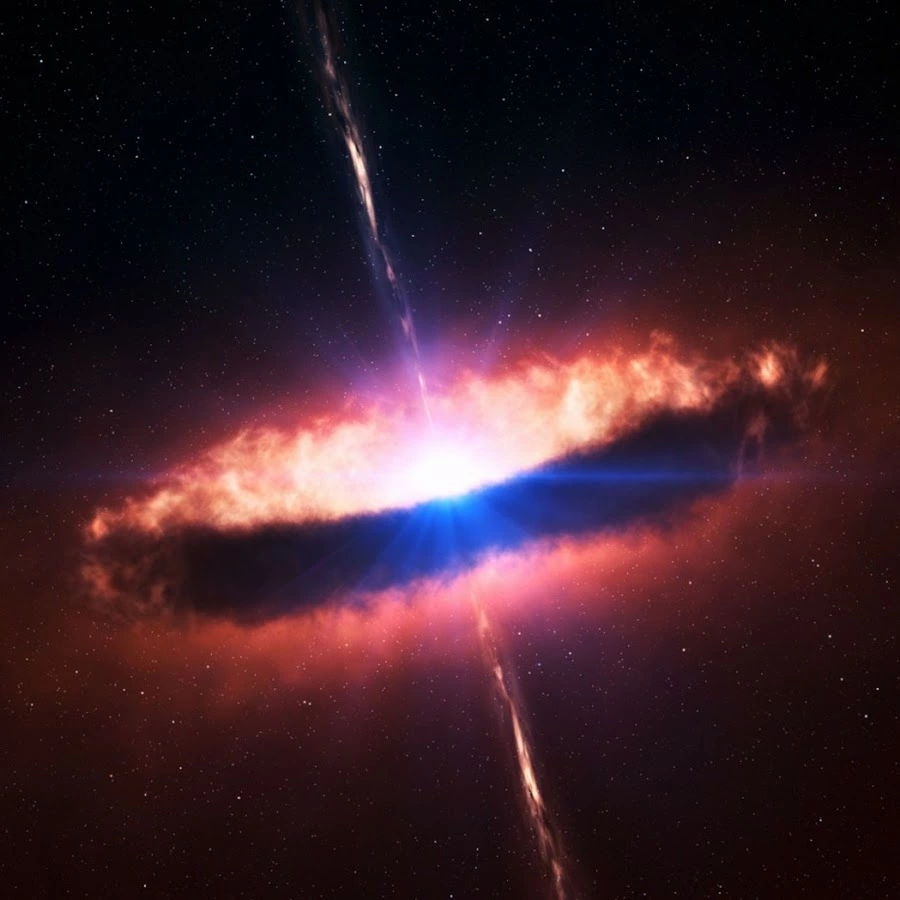I really, really feel more people who are scientifically pragmatic and follow Cosmology need to learn about Prof. Dr. Pavel Kroupa and his views/research on Dark Matter and current research on MOND; including his own variant of it.
If you’d like to learn more about Pavel or MOND:
-
The dark matter myth | Pavel Kroupa full interview This is a great introduction, especially if you prefer video/audio.
-
A Blog he’s very involved in: The Dark Matter Crisis If you take the dive, I highly recommend starting with 82. Galaxy clusters: no problem for MOND after all?
-
Here’s a lot of ADS research papers he’s worked on.
Wiki for MOND is a little messy but I found had some good links to better information if you want to do further research in relation to MOND.
Additions to my MOND research series on Space@beehaw.org:
I am not smart enough to know whether this report has any real value, but for transparency I wanted to mention that this post received the following report:
mond is discredited and doesn’t solve any problems, it only handwaves facts
I would like to point out that more can likely be found on the wiki page, in the response/criticism section.
I was tempted to leave out the Wiki link in my post as it has some dated information, both for and against MOND, but it’s easy enough to find so I included it; Wiki also shows variant MOND theories and related links. Moreover, my post has links to current MOND data, which better explains criticisms and concerns. Keep in mind, MOND variants are still developing, mostly outside of the USA (where I’m from), and without significant funding; unlike Dark Matter. Lastly, this isn’t a crackpot theory, can be falsified (older models have been), makes predictions (has already made and proven many up to this point). All of this and more is addressed by Prof Dr Kroupa and his colleagues in the field, as well as in the data linked from my original post. I hope this helps one and all.
Could MOND (or RMOND) allow the description of the cosmos without any big bang ?
I do not work in this field but I read quite a bit and I’m interested.Remember that all theories are best when they fit our observations, make predictions and hopefully can be tested. When we’re discussing going all the way back to the origin of our observable universe, some version of the Big Bang is likely (Black Hole cosmology, hot big bang,  Penrose’s Conformal cyclic cosmology and so on). Origin theories are made of complex math with many believing that the least complex should likely be closer to the origin then ones that have a lot of fine-tuning and extensive fudge math (making math fit what your bias, not what’s probable/likely). Is it possible for RMOND/MOND variant theories to support a universe without a big bang variant, possibly, but it depends on what math you’re using to account for things like dark energy, the CMB, and other cosmological phenomenon that needs to be explained.
Thanks for explaining in simple words things that are out of my reach.
I couldn’t understand the first equation in that article (which has 148 equations) :
Hamiltonian formulation of gravity as a spontaneously-broken gauge theory of the Lorentz groupby Tom Zlosnik.I read through the blog post you linked from Dr. Pavel Kroupa,
The Dark Matter Crisiswhich is more easy to understand. From that blog I get that an explanation of the cosmos without the Big Bang is far from the main focus now.Before writing to you, I was already convinced MOND is superior to LCDM and this for the same reasons you give in your comments and some more.
I hope in the next decades we will see consistent cosmology theories not only without dark matter but also without a big bang.
P.S. : You might like this :
A non-Standard model, David Merritt, Aeon Magazine, July 2021
If you haven’t discovered it yet, here’s a good link to Tom Zlosnik’s iNSPIRE (HEP) Literature papers; he’s one of the lead researchers. While RMOND is down the list a little (cited ~113 times) his most recent papers are very interesting too and dig deeper into supporting RMOND. It’s a lot of math that goes well over my head but even for non-professionals, there is meaningful information between the equations. I’ll be eventually writing a profile for Tom and Constantinos Skordis (RMOND’s other author) and RMOND itself for this Lemmy instance.



